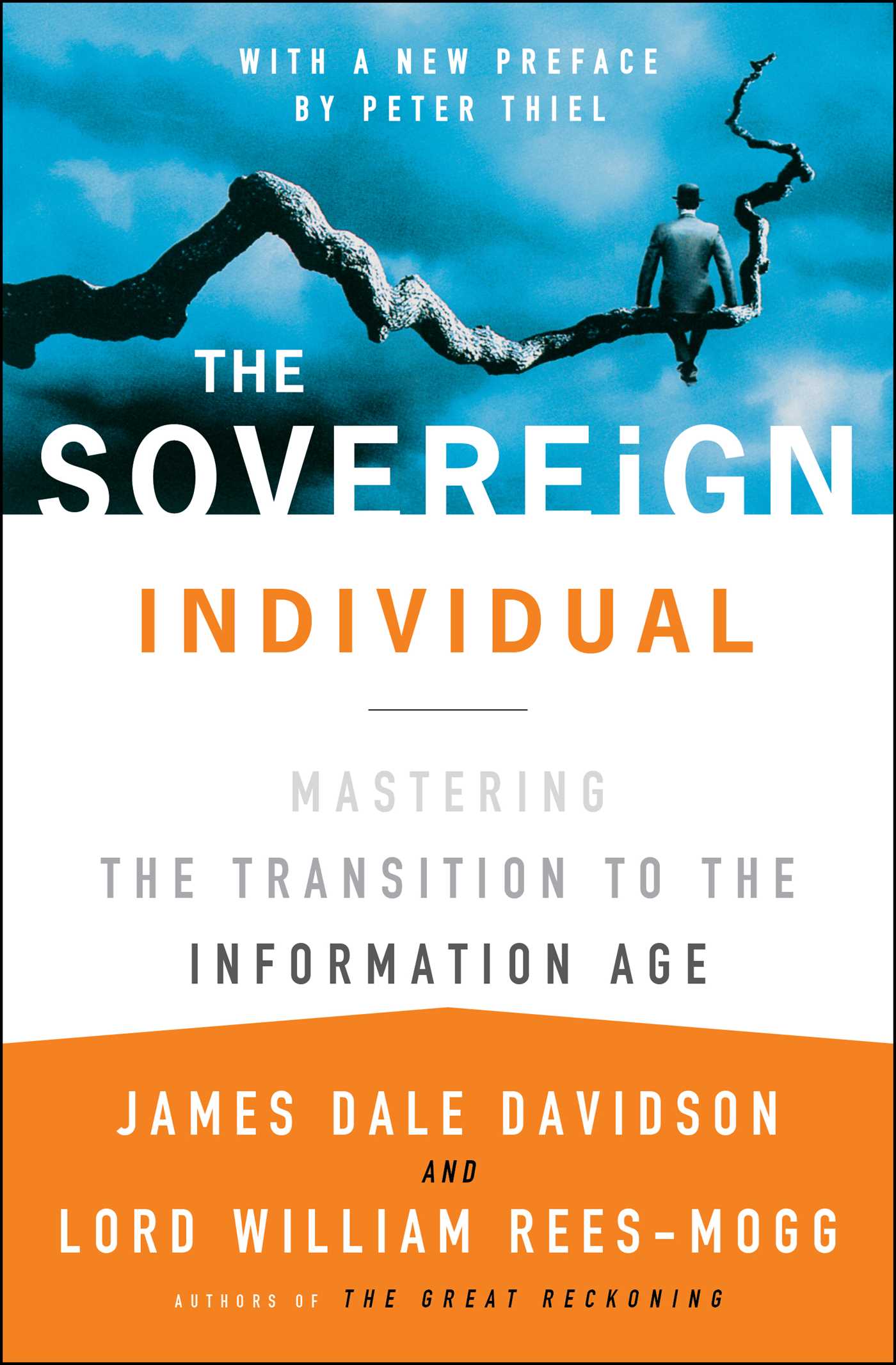- Published on
The Sovereign Individual
- Authors
- Name
- Chris Oguntolu
- @chrisoguntolu
The Sovereign Individual by James Dale Davidson and William Rees-Mogg
Mastering the Transition to the Information Age

The Sovereign Individual took me completely by surprise. What began as a curious read about the digital future quickly evolved into a provocative exploration of how the information age could reshape the very foundations of society. James Dale Davidson and William Rees-Mogg offer predictions that were far more daring and eye-opening than I expected, as they argue that the rise of technology and cyberspace will fundamentally alter power dynamics—both for individuals and nations.
Their core idea that we are on the brink of a radical transition, where individuals will gain more autonomy and governments will lose their grip, was something that really caught my attention. I found myself intrigued but also skeptical—could this shift truly make the traditional structures of power obsolete? The authors argue convincingly that technology is enabling people to bypass centralized systems, and their detailed analysis of how this could affect economies, politics, and personal freedom made me rethink the future we’re heading toward.
What I found especially fascinating was their vision of a world where geography no longer determines power and wealth. The idea that digital currencies and cyber economies could empower individuals to become "sovereign" in a way that was never possible before challenged my assumptions about how wealth and power are structured. I hadn’t considered the full implications of this kind of technological freedom, and the book opened my eyes to the potential for new, decentralized systems that could replace the nation-state as we know it.
I enjoyed The Sovereign Individual because it felt both visionary and unsettling. Davidson and Rees-Mogg’s foresight into the impact of the information age felt remarkably modern, even though the book was written decades ago. It pushed me to question how prepared we are for this transformation and what it means for the future of work, governance, and personal sovereignty. Overall, this book was an intellectually challenging and surprisingly thought-provoking read that left me with a deeper curiosity about the profound shifts that may already be underway.